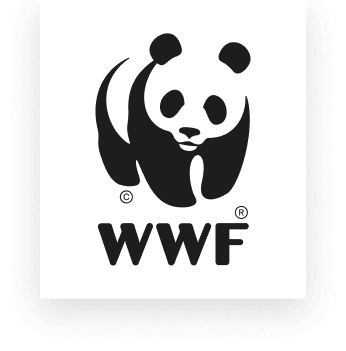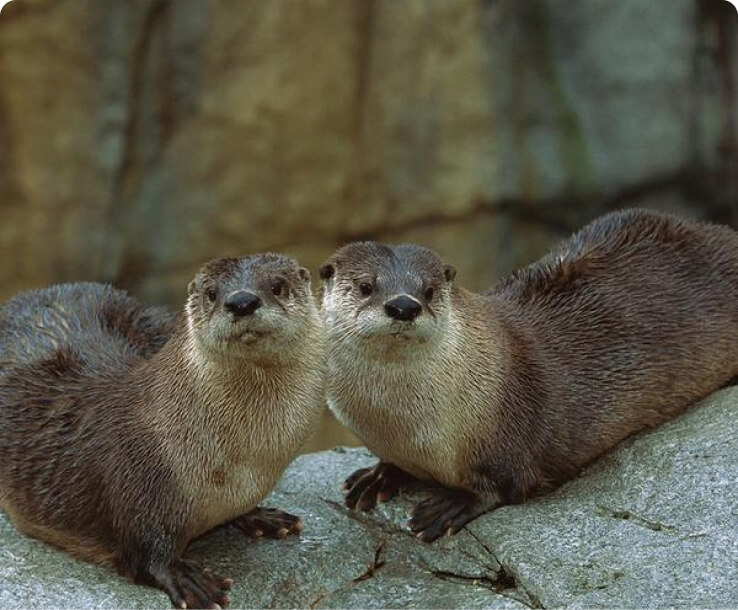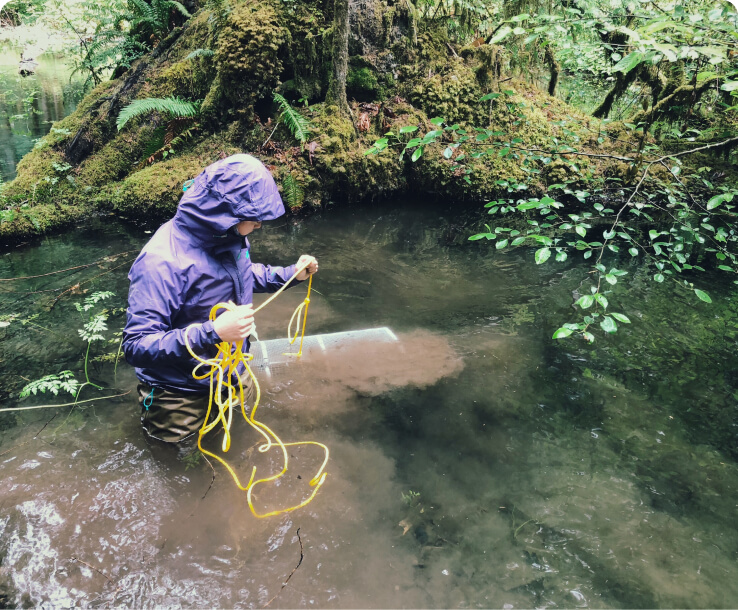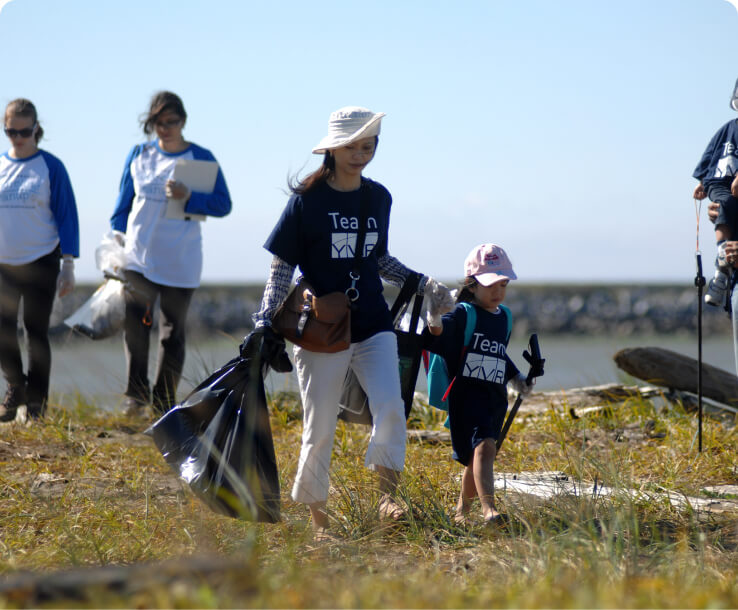Growing development in the watershed has negatively affected the health of the Saint John. Agricultural runoff, point-source pollution like spills from municipalities and industrial sites, as well as fragmentation from dams, roads and rail infrastructure has increased the level of stress on the river. Water quality is of particular concern as the levels of certain contaminants have regularly exceeded water quality thresholds.
Climate change is also adding compounding pressure on the river system, resulting in an increased frequency and intensity of rain, blizzards, ice, and windstorms leading to flooding, habitat loss and degradation. Along with ecosystem damage, these events have had significant impacts on the local community – including negative health effects, infrastructure damage, and economic loss. This great, historic river is at risk from increasing and compounding stressors.











